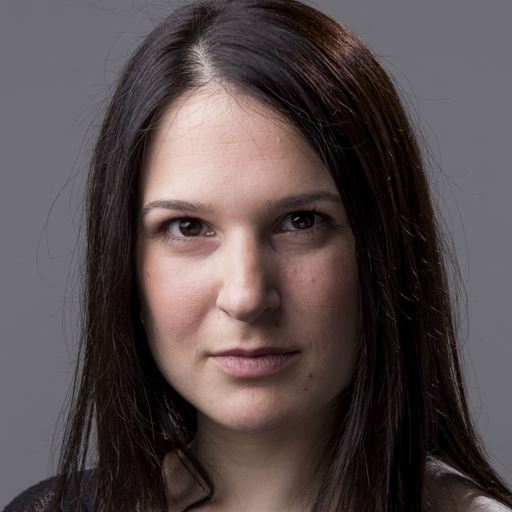Winner: Outstanding Early Career Researcher in the Faculty of Humanities
Please explain your research in two sentences.
My artistic research is looking at what means to be experienced bodies or at embodiment. It originates in actor-training and performance environments but also moves beyond them.
Why is your research important and what difference will it make?
The importance of my research lies in the study of embodiment within 21st century theatre and performance contexts by focusing on one’s unique and relational soma. Why is this important? Soma, the Greek word for body, was re-introduced by the practitioner and scholar Thomas Hanna in order to distinguish between experienced and objectified perceptions of the human body. The issues that arise from approaching one’s body as an object have to do with body-mind split, a disconnection from an individual’s uniqueness and environment and a problematic unification of the human experience. I think it would be easy to locate such issues in our present experiences due to COVID-19 as well as in deeply ingrained racial discriminations. So, in my practice research I am advocating for the significance of somatic differences within co-presence either in-between actors, actors and educators/directors, actors and spectators. This will subsequently inform broader contexts of embodied research.
Please provide a summary of your research achievements
My Practice-as-Research (PaR) PhD was funded by the Greek State Scholarships Foundation (IKY) and an Elsie Fogerty Research Degree Studentship. The emerged original contribution to theatre, performance and somatic studies has been published in international journals (Journal of Dance and Somatic Practices; Theatre, Dance and Performance Training) and has been presented in many national and international conferences. PaR videos can be also found online, including the Practice Research Advisory Group (PRAG) UK website. My latest project Somatic Voices in Performance Research and Beyond received two research funds from CHASE/AHRC and Pro-Vice-Chancellor (PVC) Research impact support. It brought together an international community of practitioner-researchers while adding to innovative ways of presenting and disseminating practice research. As part of the project, among others, I organised the first international research symposium at East 15 Acting School. The same-titled edited collection will be published by Routledge along with a complementary webpage in October 2020.
What has been the biggest challenge in your research career and how did you overcome it?
I guess the biggest challenge for me has been the reception of practice research given the further development of my identity from professional theatre practitioner to practitioner- researcher. While in my experience it was an organic evolution in my career, I soon realised that I would have to deal with traditionally established dualities between practice and academic research. Especially in the beginning I found myself in-between two worlds while my research has been aiming at interconnections and dynamic dialogues. I started overcoming this I would say externally imposed challenge by reaching out to experts in the field, becoming a member of relevant research groups and establishing my own confidence while also keeping my links to what is identified as theatre industry. I recently realised that I have been developing my awareness for my current research for almost twenty years now. So the journey to this point has been much longer.
What would be your top three tips for fellow early career researchers?
- Do not underestimate passion as your motivator, you research needs to be important for you in order to become significant for others.
- Put yourself and your research “out there”, the worst thing that can happen is a “no” from a job, a funding, a journal, a conference.
- Do not give up, what you read here is how I have been changing the “no’s” to “yes’s” in my journey.




